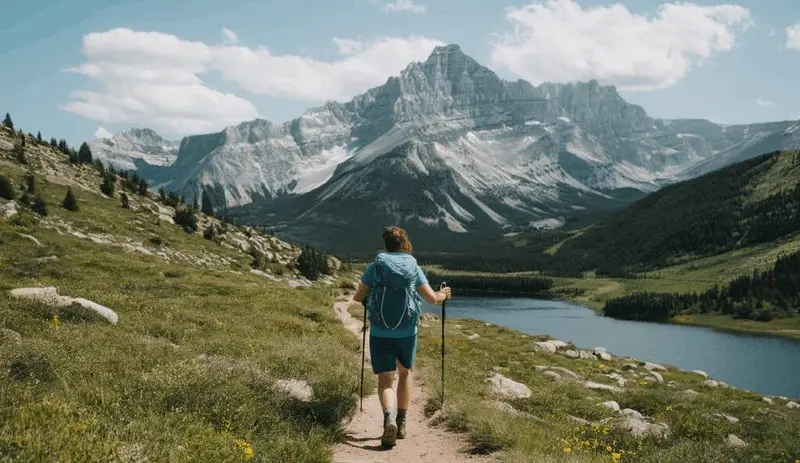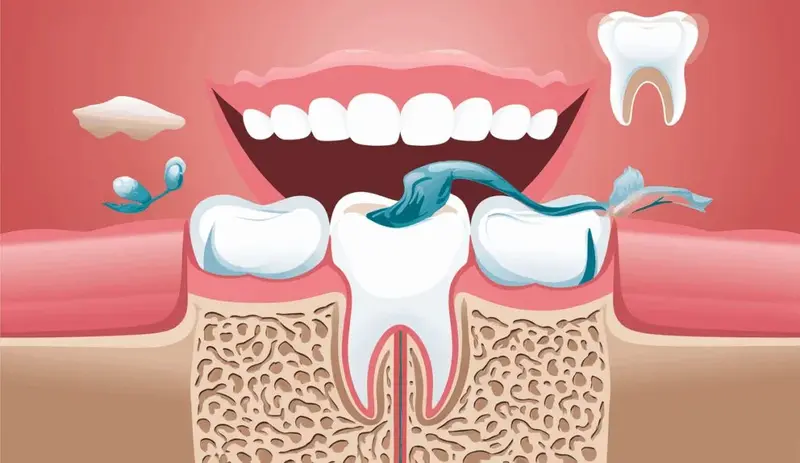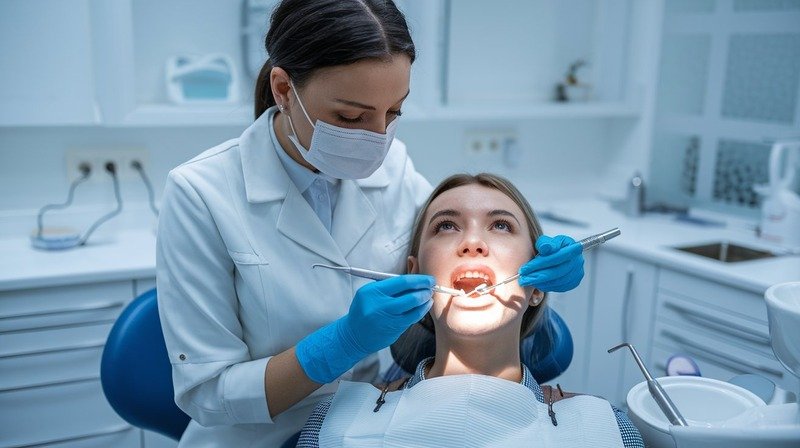
You’re enjoying a beautiful trail when suddenly a sharp pain shoots through your tooth. The stunning landscape becomes secondary to the unexpected dental discomfort. What could be causing this? Many hikers experience unexpected tooth sensitivity during outdoor activities.
Understanding the reasons behind this pain can help you prevent and manage dental issues while enjoying nature’s beauty.
Temperature Changes and Tooth Sensitivity
Adventures in the mountains can be hard on your teeth. Cold, dry air and fast temperature changes can cause teeth to become sensitive, even if they haven’t been diagnosed as sensitive before.
The tooth enamel, which is supposed to be a protective shell, can become reactive in the mountains due to the peak experiences of environmental stimulation. This is especially true for hikers in regions from Houston, TX to the Rocky Mountains.
It might surprise you to learn that variations in temperature can cause your tooth structure to expand and contract on a microscopic level. This means that what you feel is a minor twinge could be your teeth responding to the high-altitude environment’s dramatic climate shifts.
Atmospheric Pressure and Dental Nerves
Hiking at high altitude subjects people to unusual changes in atmospheric pressure. These changes—along with the altitude itself—can have a temporary impact on dental health.
We often see patients who, when exerted under the stress of a rigorous outdoor activity, suddenly become aware of previously inconspicuous dental problems. They frequently can’t believe how healthy their teeth felt prior to going up into the mountains.
Your teeth are linked to a complex network of nerves that are attuned to environmental changes. When the pressure in the atmosphere changes, it can amplify any dental weaknesses you might have.
You May Be Interested In: Is Root Planing Safe During Pregnancy?
Identifying Potential Dental Vulnerabilities
Dental deficiencies that go unnoticed often emerge during exercise. A tiny cavity, or a less-than-sturdy filling, could start hurting when teeth are put under duress and exposed to different conditions.
Dr. Jonathan F. B. Oppenheimer, a dentist in Manhattan, New York City, notes that exertion combined with physical changes can really put a workout on our teeth and bodies, especially if underlying dental problems exist.
Prevention and Management Strategies
Before your hiking journey, consider these protective tactics:
– Arrange for an all-encompassing dental examination
– Take care of any existing dental problems
– Consult with your dentist about your hiking plans
Our team at Lifeworks Dental recommends a checkup to guarantee that your smile is ready for mountain challenges. You can find us conveniently located via Google Maps.
Protective Dental Care Tips
While hiking, remember these essential tips:
– Use a mouthguard on tough trails
– Stay hydrated
– Avoid sudden temperature changes
– Keep dental pain relief medications on hand
Final Thoughts
You can pursue outdoor adventures even with potential tooth sensitivity. By understanding environmental dentistry tips, you can keep your teeth safe in extreme conditions.
For personalized recommendations, consult your dental expert. Each oral cavity is unique, and individual advice can be crucial in preparing you to hit the trails with confidence.
Tooth pain during hiking isn’t something to ignore. Understanding the causes can help you enjoy outdoor adventures without dental discomfort. Experiencing persistent tooth pain? Schedule a consultation with Lifeworks Dental to address your dental health concerns before your next hiking trip.






